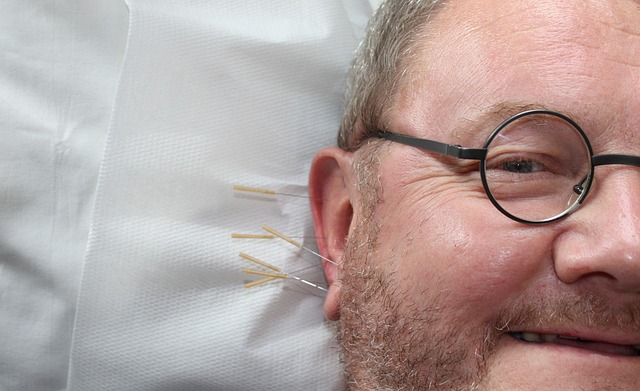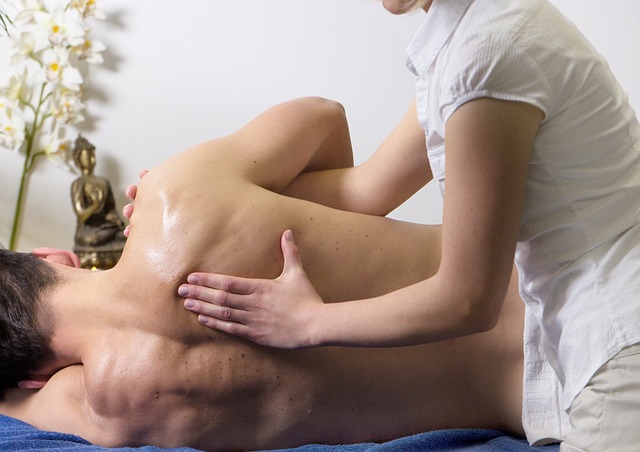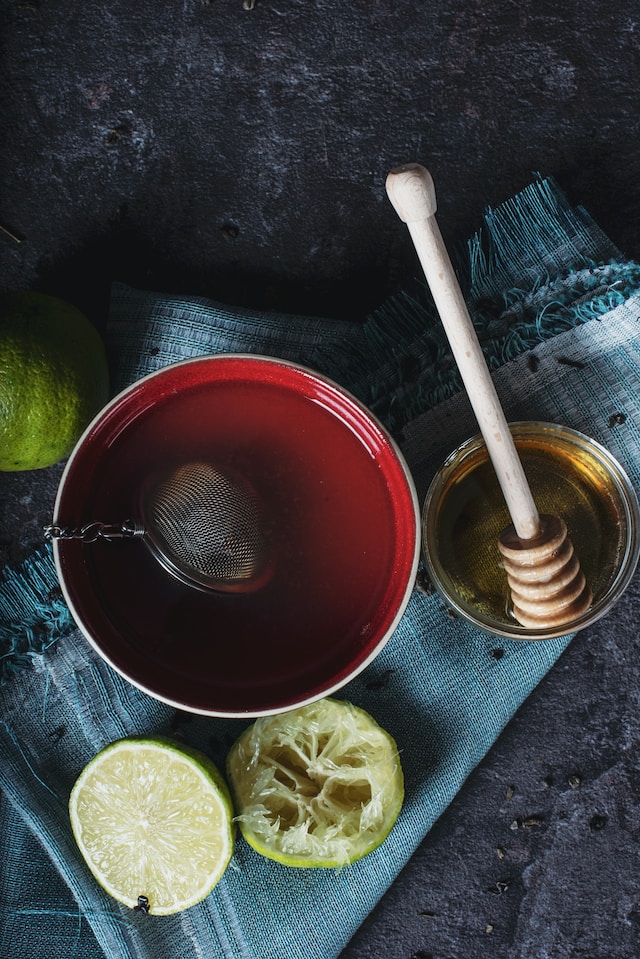
Natural medicine, also referred to as alternative or holistic medicine, encompasses various healing practices that have been passed down through generations. Unlike conventional medicine, which primarily focuses on treating symptoms, natural medicine takes a more holistic approach, addressing the root causes of illnesses and promoting overall well-being. Drawing from the power of nature, this form of medicine emphasizes the use of herbs, botanicals, and other natural remedies to restore balance and support the body’s innate healing abilities.
Key Principles of Natural Medicine
At the core of natural medicine lie a set of key principles that guide its practice. These principles revolve around the idea that the body possesses an inherent capacity to heal itself, given the appropriate support and resources. Here are some fundamental principles of natural medicine:
Treat the Whole Person: Natural medicine takes into account all aspects of an individual’s physical, mental, and emotional well-being. Rather than isolating symptoms, practitioners aim to understand the underlying imbalances in the body and address them comprehensively.
Prevention is Paramount: Natural medicine goes beyond mere symptom management; it places great emphasis on preventing diseases and promoting overall health. By adopting lifestyle modifications, practicing proper nutrition, and reducing environmental toxins, individuals can optimize their well-being and reduce their risk of developing chronic ailments.
Harness Nature’s Bounty: Natural medicine relies on the healing properties of plants, botanicals, minerals, and other natural substances to support the body’s healing processes. Herbal remedies, essential oils, acupuncture, and other forms of natural therapies are commonly utilized to restore balance and promote health.
Individualized Treatment: Recognizing that each person is unique, natural medicine tailors treatment plans to suit individual needs. Practitioners conduct thorough assessments and consider factors such as genetics, lifestyle, and environmental influences to create personalized approaches to healing.
Integration with Conventional Medicine: Natural medicine is not meant to replace conventional medicine but rather complement it. Collaborative partnerships between holistic medicine practitioners and medical doctors can provide patients with a comprehensive and integrative approach to healthcare.

Key Modalities in Holistic Medicine
Natural medicine encompasses a wide range of modalities, each offering unique benefits and contributing to the overall healing process. These modalities harness the power of nature to restore balance and promote well-being. Here are some key modalities commonly used in holistic medicine:
Herbal Medicine
Herbal medicine is one of the oldest and most widely practiced forms of holistic medicine. It involves the use of plants and their extracts to address various health concerns. Herbal remedies, in the form of teas, tinctures, capsules, or topical applications, are carefully formulated to target specific symptoms or imbalances in the body. For example, chamomile may be used to calm the nerves, while echinacea is believed to support the immune system.
Acupuncture
Acupuncture is an ancient practice originating from Traditional Chinese Medicine (TCM). It involves the insertion of fine needles into specific points on the body to stimulate the flow of energy, known as qi (pronounced “chee”). By restoring the balance of qi, acupuncture aims to promote healing and alleviate various conditions, including pain, digestive disorders, and stress-related ailments.
Massage Therapy
Massage therapy is a widely recognized modality in holistic medicine that uses manual manipulation of the body’s soft tissues to promote relaxation and alleviate muscular tension. By applying pressure, kneading, or stretching techniques, massage therapists improve blood circulation, reduce stress, and enhance the body’s natural healing abilities.
Homeopathy
Homeopathy is a system of medicine based on the principle of “like cures like.” It involves the use of highly diluted substances derived from plants, minerals, or animal sources. According to homeopathic philosophy, these substances stimulate the body’s vital energy and trigger a healing response. Homeopathic remedies are individually prescribed based on a person’s unique symptoms and constitutional characteristics.
Naturopathy
Naturopathy is a comprehensive approach to natural medicine that focuses on the body’s ability to heal itself through the use of natural therapies. Naturopathic practitioners employ a range of treatment modalities, including nutrition, herbal medicine, hydrotherapy (the use of water treatments), and lifestyle counseling. The goal is to address the underlying causes of disease and support the body’s inherent healing processes.
Common Health Conditions and Holistic Medicine

Incorporating the principles of natural medicine can be beneficial for a wide range of common health conditions. By taking a holistic approach and addressing the underlying imbalances in the body, natural medicine aims to support the body’s innate ability to heal itself. Here are some examples of common health conditions and how natural medicine can be used to promote wellness:
- Stress and Anxiety Management: In today’s fast-paced world, stress and anxiety have become common challenges. Natural medicine offers various techniques to manage these conditions, such as relaxation exercises, mindfulness practices, and herbal remedies like lavender or chamomile, known for their calming effects. Acupuncture can also help rebalance the body’s energy and relieve stress-related symptoms.
- Digestive Disorders: Issues like indigestion, bloating, and irritable bowel syndrome (IBS) can greatly impact one’s quality of life. Natural medicine approaches often include dietary modifications, probiotics, and herbal remedies like ginger or peppermint, which have been traditionally used to support digestion and reduce inflammation. Naturopathy can also provide guidance on optimizing gut health through nutrition and lifestyle adjustments.
- Allergies and Respiratory Conditions: Hay fever, seasonal allergies, and respiratory conditions, such as asthma, can be alleviated with natural medicine interventions. Herbal remedies like nettle or butterbur may help reduce allergic reactions, while steam inhalation with essential oils can provide relief from sinus congestion. Acupuncture can also address respiratory symptoms by promoting better lung function and reducing inflammation.
- Sleep Disorders: Natural medicine offers gentle and effective strategies to improve sleep quality. Relaxation techniques, such as meditation and aromatherapy with essential oils like lavender or chamomile, can help calm the mind and promote restful sleep. Herbal remedies like valerian or passionflower have also been used for centuries to support healthy sleep patterns.
- Chronic Pain Management: For individuals dealing with chronic pain conditions, natural medicine approaches can be beneficial in managing discomfort. Acupuncture has shown promising results in providing pain relief by stimulating the body’s natural painkilling mechanisms. Massage therapy can also help reduce muscle tension and promote relaxation. Additionally, herbal remedies like turmeric or willow bark may offer natural anti-inflammatory and analgesic effects.
Precautions and Considerations in Natural Medicine
While natural medicine offers a holistic and gentle approach to healing, it’s important to exercise caution and consider certain factors before incorporating these practices into your healthcare routine. Here are some precautions and considerations to keep in mind when exploring natural medicine:
- Consult with a Qualified Practitioner: Before embarking on any natural medicine treatment, it’s essential to consult with a qualified practitioner who specializes in the specific modality you are interested in. They will have the expertise to assess your individual needs, provide appropriate guidance, and ensure that any treatments or remedies are safe and suitable for you.
- Safety and Quality of Herbal Remedies: While herbal medicine is a cornerstone of natural medicine, it’s crucial to ensure that you are using high-quality, reputable herbal remedies. Not all herbs are safe for everyone, and interactions with medications or underlying health conditions can occur. Seek guidance from a professional herbalist or naturopath to ensure the herbs you are using are safe and effective.

- Potential Allergies or Sensitivities: Some individuals may have allergies or sensitivities to certain herbs, botanicals, or other natural substances used in natural medicine. It’s important to be aware of any allergic reactions or sensitivities you may have and communicate them to your practitioner. They can help guide you towards suitable alternatives or adjust treatment plans accordingly.
- Potential Interactions with Medications: Natural remedies can interact with prescription medications, affecting their efficacy or potentially causing adverse effects. Always inform your healthcare provider and natural medicine practitioner about any medications you are taking to avoid any potential interactions. They can provide guidance on safe combinations or alternatives.
- Individual Variations in Response: Natural medicine takes an individualized approach, recognizing that each person is unique and may respond differently to various treatments. It’s important to be patient and open-minded as your practitioner tailors treatment plans to suit your specific needs. Not all treatments or remedies will work the same for everyone, and adjustments may be necessary to achieve optimal results.
- Integration with Conventional Medicine: Natural medicine complements conventional medicine and should not be used as a substitute for necessary medical care. It’s important to maintain open communication with your healthcare provider and inform them about any natural medicine practices you are incorporating into your healthcare routine. They can provide guidance and ensure a well-rounded approach to your overall well-being.
Remember, natural medicine is a holistic approach to healing that seeks to support the body’s innate ability to heal itself. It is important to approach these practices with an open mind, consult qualified practitioners, and listen to your body’s signals. By incorporating natural medicine into your lifestyle, you can enhance your well-being and take a proactive role in your health and vitality.
Self-Care with Natural Medicine
Incorporating natural medicine into your self-care routine is a wonderful way to support your overall well-being and nurture your body and mind. By embracing the principles of natural medicine and utilizing its various modalities, you can enhance your health and vitality in a gentle and holistic manner. Here are some simple self-care practices that you can incorporate into your daily life:
Nourish Your Body with Whole Foods: Proper nutrition is a key aspect of natural medicine. Focus on consuming a variety of whole foods, such as fresh fruits and vegetables, whole grains, lean proteins, and healthy fats. These nutrient-rich foods provide essential vitamins, minerals, and antioxidants that support your body’s natural healing processes.
Practice Mindfulness and Stress Reduction Techniques: Chronic stress can have detrimental effects on your health, so it’s important to take time for yourself and engage in activities that promote relaxation and reduce stress. Practice mindfulness techniques, such as deep breathing exercises and meditation, to calm your mind and promote a sense of inner peace.

Stay Hydrated: Water is vital for our overall health, and proper hydration is a fundamental aspect of self-care. Drink an adequate amount of water each day to keep your body hydrated, flush out toxins, and support optimal organ function.
Get Regular Exercise: Physical activity is essential for maintaining a healthy body and mind. Engage in activities that you enjoy, whether it’s walking, dancing, yoga, or any other form of exercise that gets your body moving. Regular exercise not only keeps your body strong and flexible but also boosts your mood and overall well-being.
Prioritize Sleep: Quality sleep is crucial for your body to repair and rejuvenate. Create a soothing bedtime routine and ensure that you get enough restful sleep each night. Avoid electronic devices before bedtime, create a peaceful sleep environment, and consider incorporating natural remedies, such as aromatherapy with lavender essential oil or a calming herbal tea, to support a restful night’s sleep.
Practice Gentle Self-Care Rituals: Self-care rituals are an essential part of natural medicine. Take time for yourself each day to indulge in activities that promote relaxation and self-nurturing. Whether it’s taking a warm bath with soothing essential oils, practicing gentle stretching exercises, or enjoying a cup of herbal tea while reading a book, these moments of self-care can recharge your body and spirit.
Connect with Nature: Spending time in nature is deeply nourishing for the soul. Take regular walks in the park, sit under a tree, or take a hike in the mountains. Connecting with nature can help restore a sense of balance, reduce stress, and promote a deeper connection to the natural world around us.
Remember, self-care is not a luxury; it is a vital component of maintaining optimal health and well-being. By incorporating these simple and nourishing practices into your daily life, you can enhance your overall vitality and embrace the healing power of natural medicine. Listen to your body, honor your needs, and embark on a journey of self-care and self-discovery.
